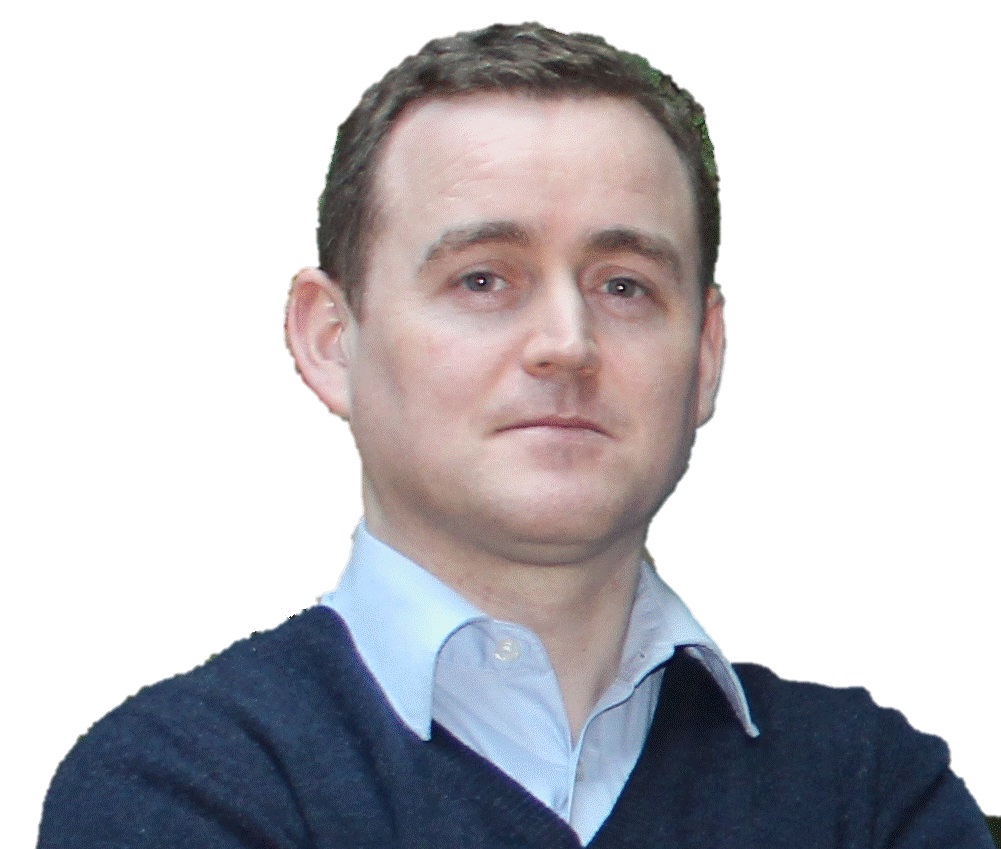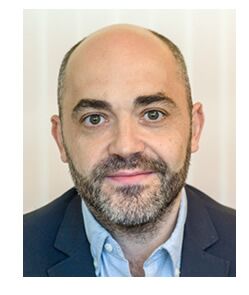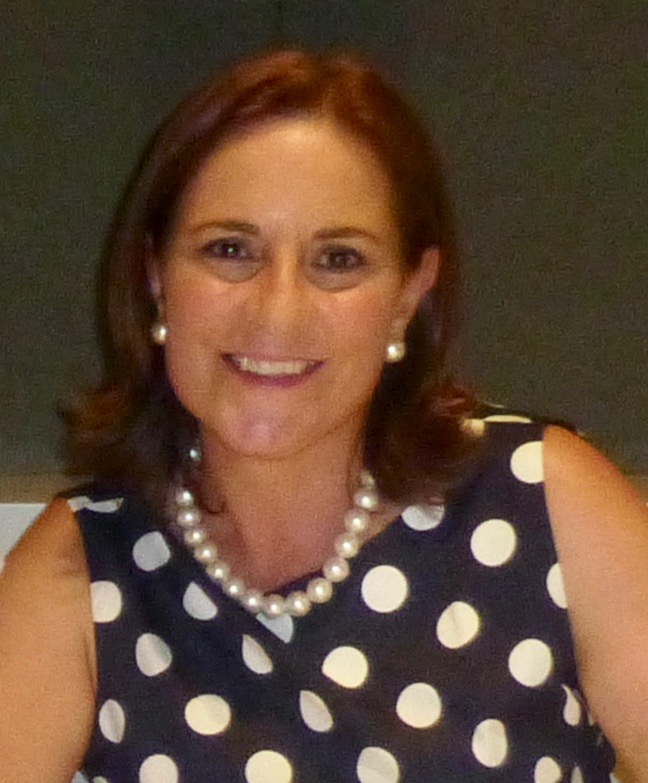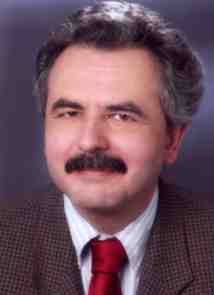Software engineering is inherently a socio-technical effort with best practices based on social interaction. However, these practices are likely to vary with cultural aspects that cannot be externalized or captured by automation tools alone. Therefore, engineering software products requires a vision of thinking across boundaries for the future which goes further than what we have so far conceived. In particular, novel software development approaches are closely tied to the traditional concerns of social factors that affect the success of software development as a whole. To address these concerns and establish a strategy that will achieve a broader vision, researchers seek ways to adopt techniques from multiple academic disciplines and draw knowledge from various areas including but not limited to management, sociology, anthropology, psychology, etc. Ultimately, applying best practices from multiple academic disciplines is critical for future success in engineering sustainable software products.
Call For Papers
Please follow the following steps for submitting a paper:
- Your thematic topic paper should comprise 10-12 pages.
- Your paper has to be conform to the Springer CCIS format which is the same as the Lecture Notes in Computer Science (LNCS) format (please see the author guidelines of Springer)
- The paper has to be uploaded to the EuroAsiaSPI² conference website (see below).
- Authors of accepted papers will be asked to write a final paper of 10 to maximum 12 pages and to prepare a 20 minutes PowerPoint presentation.
- The final paper has to be uploaded to the EuroAsiaSPI² conference website again.
- Papers shall reference the SPI Manifesto (find relationships to values and principles or propose new values and principles to be added).
Note: To publish the paper in the proceedings the authors have to sign a copyright form and at least one of the authors has to present the paper at the conference. The paper will be published in printed form and electronically and therefore we need all source files.
Please read first the author submission guide. More...
Also see "Thematic Paper Submission Topics" for more information
Thematic Paper Topics
- Results of a multidisciplinary research with an impact on software engineering challenges and emerging trends. Impacts or potential impacts for software engineering should be clearly identified and articulated.
- Software Engineering problems that need to be solved from a spectrum of disciplines including, but not limited to, the social sciences; industrial management; engineering economics, various related engineering disciplines, and cyber-physical systems.
- Software Engineering problems that need to be solved in the cloud, connecting systems to the cloud, and managing big data in the cloud.
- Software Engineering problems that need to be solved when implementing Artificial Intelligence algorithms and machine learning where the same software depending on learning factors provides different output.
- Software engineering problems that need to be solved to use open source software in highly safety critical environments.
- Software engineering architectural design patterns recommended for the integration of different disciplines.
- Studies addressing software development problems emerging from research partnerships with communities of interests such as game technologies, virtual or augmented reality research.
- Research reflections on the long-term engagement of software practitioners using motivational techniques such as gamification.
- Software engineering research toward new development models, tools, and methods that are conducted in interdisciplinary teams.
Submission Dates
10.04.2026 First Thematic Paper and Research Paper Submission
08.05.2026 Review by International Programme Committee and Notification of Acceptance (EuroAsiaSPI² Paper Review Form is used)
19.06.2026 Camera Ready Version of Paper for Book
30.07.2026 Early Registration Deadline (All presenters must register for the conference, otherwise the contribution is deselected)
31.08.2026 Upload of Powerpoint Conference Presentation
03.09.2026 Free Technology Day
08.09.-10.09.2026 Conference
SPRINGER Book Series
EuroAsiaSPI² is publishing an annual SPRINGER book and the EuroSPI books show a total of 1.7 million chapter downloads. The workshop papers form thematic chapters in the SPRINGER book.





